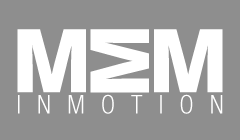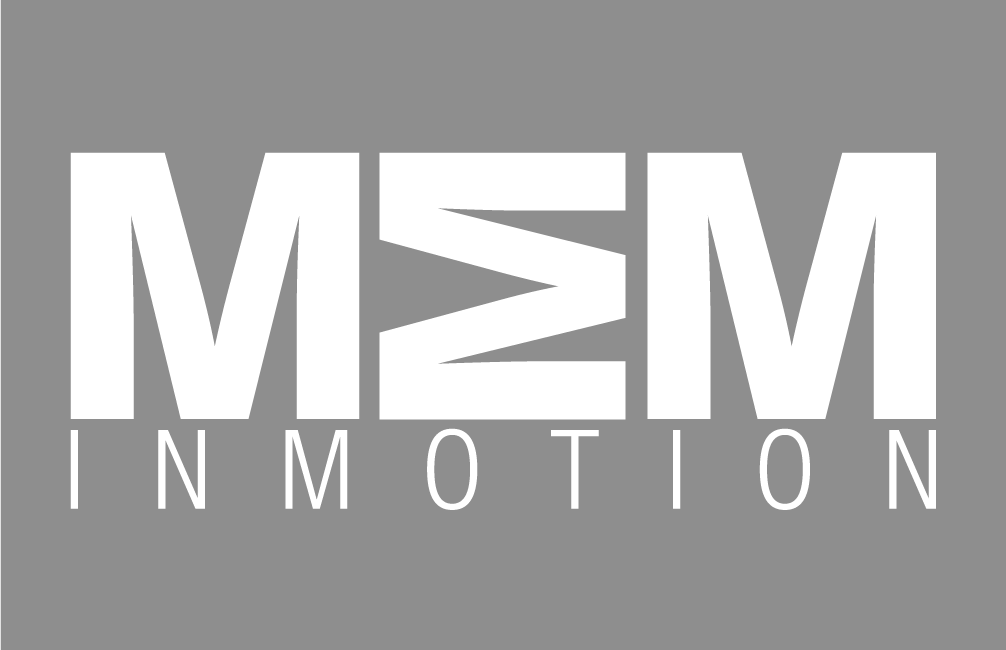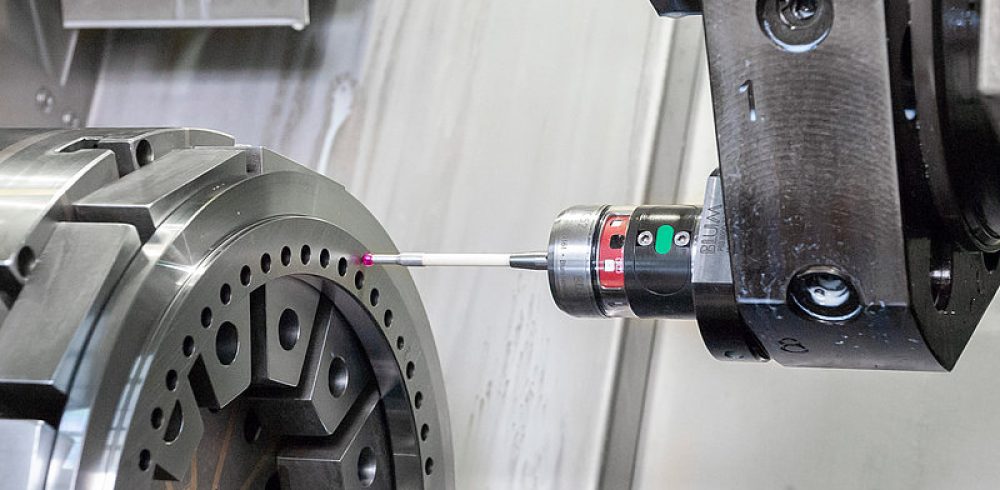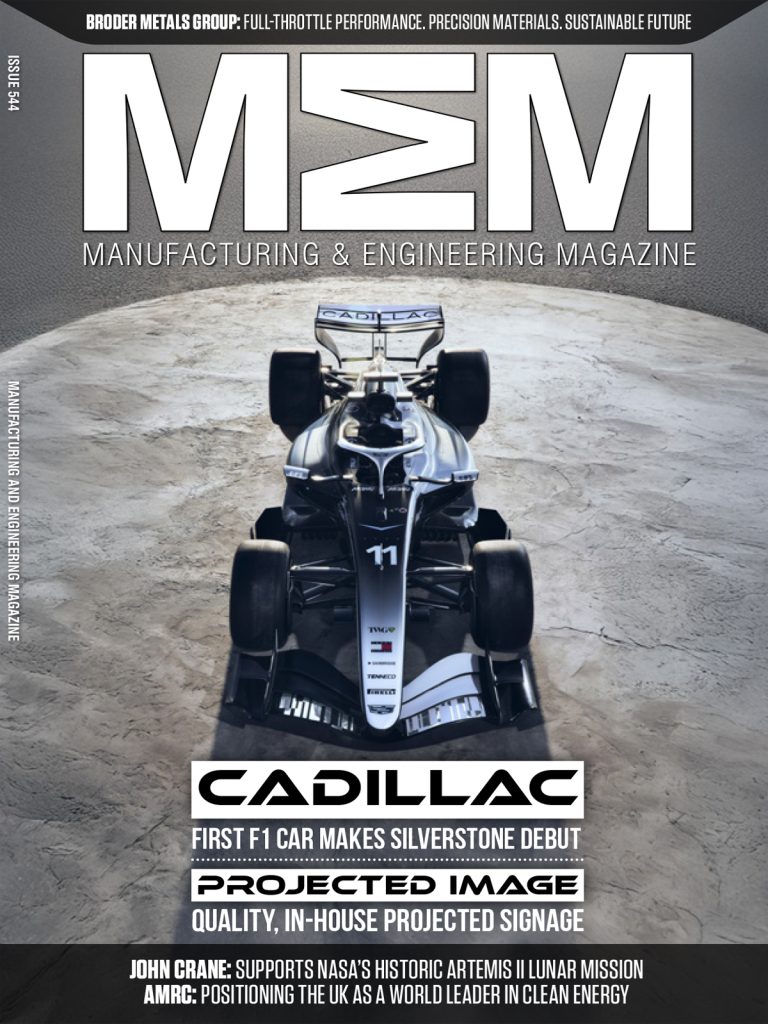Precision hard turning is a key production process in the machine tool bearings unit at myonic GmbH in Leutkirch im Allgäu/Germany. Pieces are directly turned to the final dimension with extremely tight tolerances in the micron range. Using a probe solution from Blum-Novotest, key workpiece dimensions are now measured in-process, while still clamped. The result: greater measuring accuracy, improved manufacturing process, shorter cycle times.
myonic’s machine tool bearing activities are concentrated at a fully air-conditioned facility in Leutkirch, Germany. “The high-precision roller bearings are employed, for example, in rotary and swivel tables, milling heads and swivel spindles in machine tools,” explains Christoph Sauter, who, as Production Manager, is responsible for the manufacture of these precision bearings. “The bearings are double-direction, screw-on and installation-ready precision bearing units and part of the AXRY bearing range at myonic.”
The axial-radial-bearings consist of three rings: inner ring, outer ring and axial washer. Additional components include the cylindrical rollers, axial and radial cages, lubricants and retaining screws that hold the assembled bearing together. The rings are made of chromium steel, which has proven highly successful in bearing rings and rolling elements and which is hard machined at myonic exclusively on turning centres.
The hard-turning process occurs on different machines in two stages: roughing and finishing. Depending on the actual size, fine finishing to the final dimension, with extremely tight tolerances in the micron range, takes place on a horizontal or vertical turning machine in one setup and without any reworking. Cutting is conducted in a wet condition (cooling lubricant), while the workpieces are clamped on special magnetic chucks. Important dimensions in Z-direction are measured in-process, in other words while still clamped on the machine.
An innovation that has significantly contributed to improving the production processes. This high-precision task is performed by the TC52 touch probe from Blum-Novotest, which transmits the measured values to an infrared receiver inside the machine room. The TC52 is positioned on the Hembrug horizontal hard-turning machines via the tool turret.
All the key geometric features are measured for each bearing. This includes steps, width of the outer ring, inner and outer diameter, as well as all connection dimensions such as the bore, i.e. the position where the bearing is fitted onto the shaft. Besides overall improvement of the manufacturing process, the German company also set itself the goal of achieving greater measuring accuracy with the probe solution. Equally important: the measured values should already be available during setup.
After all, the process needs to be as stable as possible and information, e.g. whether slight adjustments are necessary, must be provided without delay. During initial testing with the TC52, it quickly became clear that the high-precision workpiece measuring system meets, and in some cases exceeds, the expectations of everyone involved. The steps and the width of the outer ring can now be measured in-process and semi-automatically in Leutkirch.
These are extremely important dimensions for myonic: there are three races here, one radial and two axial. If you imagine the race as a cavity, it is essential to know how big it is. Since this size is defined by the steps. When assembling the bearing, the employee knows which dimension and which cylindrical roller diameter fit together to obtain the ideal preload.
Compared to measuring parts manually, introduction of the in-process solution has led to more accurate measurement results. Another huge advantage is the way in which measuring objects are handled. Since the bore diameters of the AXRY bearings range in size from 50 mm, weighing just a few kilogrammes, up to 650 mm that weigh almost 200 kg. As you can probably imagine, manually measuring such heavy bearings is extremely difficult. The larger the parts, the greater the benefits of in-process measurement for myonic. After this successful initial period, the other Hembrug turning machines at myonic were also equipped with TC52 probes.
The southern German company is very satisfied with the result of the project, since machining is even more accurate than before, and more measuring points can now be recorded in a shorter space of time. When summarising the positive impact, Christoph Sauter says: “This gives us greater peace of mind when mating the shaft and the bearing. Another advantage that should not be underestimated is the reduced burden on employees, who now have more time for other tasks. Even if the actual process in the machine takes longer, use of the touch probes has minimised the overall cycle times. That’s why we’re planning to use BLUM solutions in the future to measure the diameters directly on the machine.”









